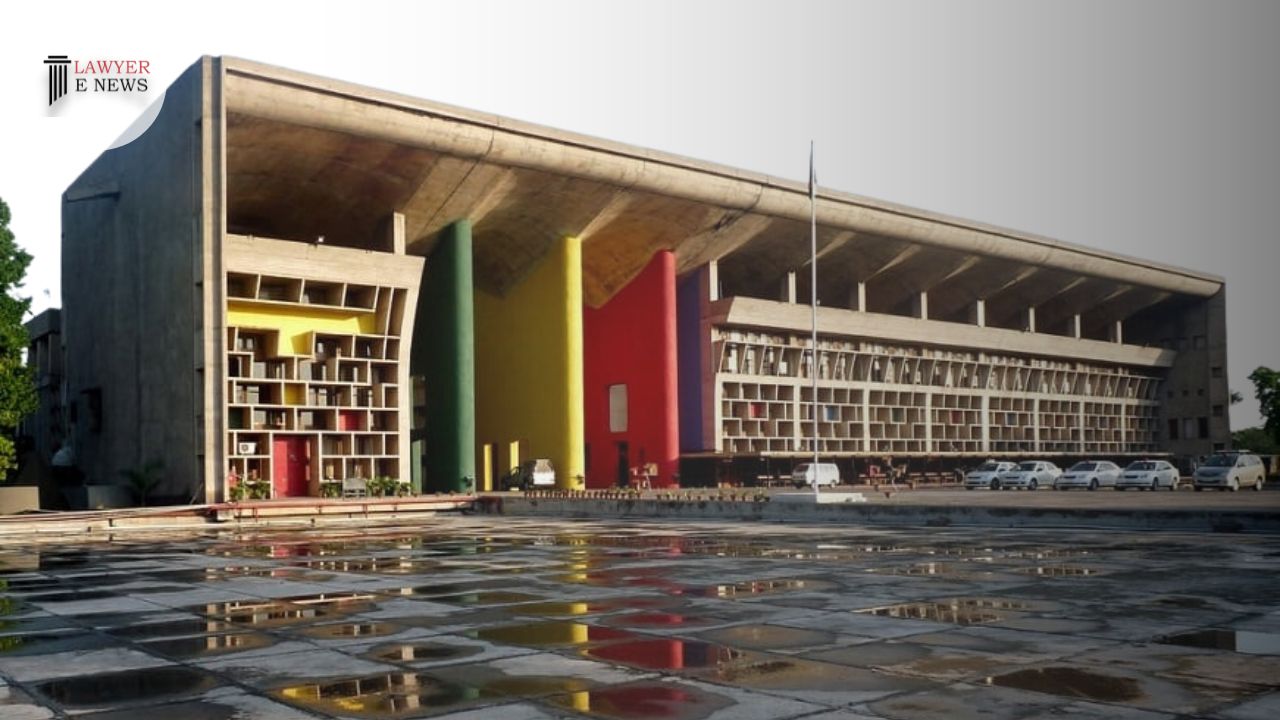-
by Admin
19 February 2026 3:26 AM



In a significant ruling, the Punjab and Haryana High Court granted anticipatory bail to the petitioner, Rajni Devi, in a case registered under Section 306 of the Indian Penal Code (IPC). The court, while acknowledging the need for stringent measures, imposed various conditions to ensure compliance and address concerns related to the ongoing investigation.
The petitioner had approached the court seeking anticipatory bail to prevent her arrest in the FIR filed against her at the S.G.N. Dev Thermal Plant Police Station in Bathinda district. The petitioner, represented by Mr. Siddharth Gupta, Advocate, argued that she had no previous criminal record and that custodial investigation and pre-trial incarceration would cause irreparable injustice to her and her family.
After careful consideration of the allegations and the unique circumstances of the case, Justice Anoop Chitkara opined that custodial or pre-trial incarceration would not be justifiable at this stage. Emphasizing the need for a balanced approach, the court referred to several Supreme Court judgments, including Gurbaksh Singh Sibbia v State of Punjab and Kalyan Chandra Sarkar v Rajesh Ranjan @ Pappu Yadav, which highlight the principles governing the grant of bail.
The court highlighted the importance of considering various factors, such as the absence of criminal antecedents and the opportunity for the accused to rectify their behavior as a first-time offender. In light of these factors, the court found it appropriate to grant bail to the petitioner.
However, the court also recognized the need to address concerns related to the ongoing investigation, tampering with evidence, witness intimidation, and the possibility of the petitioner absconding. To ensure compliance and maintain the integrity of the investigation, the court imposed elaborative and stringent conditions on the petitioner.
Some of the key conditions imposed by the court include the following:
The petitioner must furnish a personal bond of Rs. 10,000 and provide one surety of Rs. 25,000, to the satisfaction of the concerned investigator/Station House Officer (SHO).
The petitioner has the option to provide a fixed deposit of Rs. 10,000 instead of a surety bond. The fixed deposit must be made in favor of the 'Chief Judicial Magistrate' of the concerned district, with automatic renewal and the principal and interest reverting to the linked account.
The petitioner must surrender all weapons, firearms, and ammunition, if any, along with the arms license, within fifteen days from the date of the order.
The petitioner is prohibited from contacting, calling, texting, messaging, or engaging in any inappropriate behavior towards the victim and the victim's family, either physically or through any communication medium.
The petitioner is required to cooperate with the investigation, join the investigation within five days, and appear before the Investigating Officer or any Superior Officer whenever called.
The petitioner must not influence, threaten, or tamper with the evidence or intimidate witnesses related to the case.
The court emphasized that the conditions imposed should not violate fundamental rights and should be proportional to the purpose they serve.
The court made it clear that any violation of the bail conditions, repetition of offenses, or failure to cooperate with the investigation could lead to the cancellation of bail. The court also noted that the petitioner has the right to seek a reduction or modification of the bond amount or conditions if they face difficulty in complying.
Date: 13.04.2023
Rajni Devi vs State of Punjab
